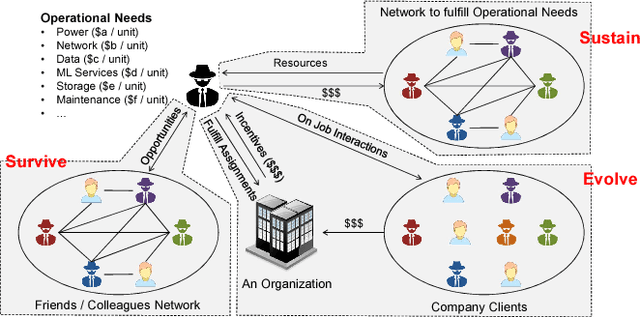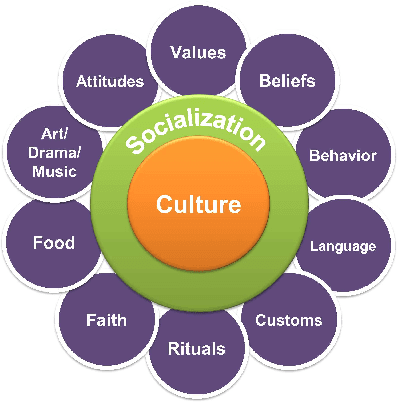Sarthak Ahuja
Scalable and Safe Remediation of Defective Actions in Self-Learning Conversational Systems
May 17, 2023



Abstract:Off-Policy reinforcement learning has been a driving force for the state-of-the-art conversational AIs leading to more natural humanagent interactions and improving the user satisfaction for goal-oriented agents. However, in large-scale commercial settings, it is often challenging to balance between policy improvements and experience continuity on the broad spectrum of applications handled by such system. In the literature, off-policy evaluation and guard-railing on aggregate statistics has been commonly used to address this problem. In this paper, we propose a method for curating and leveraging high-precision samples sourced from historical regression incident reports to validate, safe-guard, and improve policies prior to the online deployment. We conducted extensive experiments using data from a real-world conversational system and actual regression incidents. The proposed method is currently deployed in our production system to protect customers against broken experiences and enable long-term policy improvements.
Scalable and Robust Self-Learning for Skill Routing in Large-Scale Conversational AI Systems
Apr 14, 2022



Abstract:Skill routing is an important component in large-scale conversational systems. In contrast to traditional rule-based skill routing, state-of-the-art systems use a model-based approach to enable natural conversations. To provide supervision signal required to train such models, ideas such as human annotation, replication of a rule-based system, relabeling based on user paraphrases, and bandit-based learning were suggested. However, these approaches: (a) do not scale in terms of the number of skills and skill on-boarding, (b) require a very costly expert annotation/rule-design, (c) introduce risks in the user experience with each model update. In this paper, we present a scalable self-learning approach to explore routing alternatives without causing abrupt policy changes that break the user experience, learn from the user interaction, and incrementally improve the routing via frequent model refreshes. To enable such robust frequent model updates, we suggest a simple and effective approach that ensures controlled policy updates for individual domains, followed by an off-policy evaluation for making deployment decisions without any need for lengthy A/B experimentation. We conduct various offline and online A/B experiments on a commercial large-scale conversational system to demonstrate the effectiveness of the proposed method in real-world production settings.
Cogniculture: Towards a Better Human-Machine Co-evolution
Dec 11, 2017


Abstract:Research in Artificial Intelligence is breaking technology barriers every day. New algorithms and high performance computing are making things possible which we could only have imagined earlier. Though the enhancements in AI are making life easier for human beings day by day, there is constant fear that AI based systems will pose a threat to humanity. People in AI community have diverse set of opinions regarding the pros and cons of AI mimicking human behavior. Instead of worrying about AI advancements, we propose a novel idea of cognitive agents, including both human and machines, living together in a complex adaptive ecosystem, collaborating on human computation for producing essential social goods while promoting sustenance, survival and evolution of the agents' life cycle. We highlight several research challenges and technology barriers in achieving this goal. We propose a governance mechanism around this ecosystem to ensure ethical behaviors of all cognitive agents. Along with a novel set of use-cases of Cogniculture, we discuss the road map ahead for this journey.
 Add to Chrome
Add to Chrome Add to Firefox
Add to Firefox Add to Edge
Add to Edge